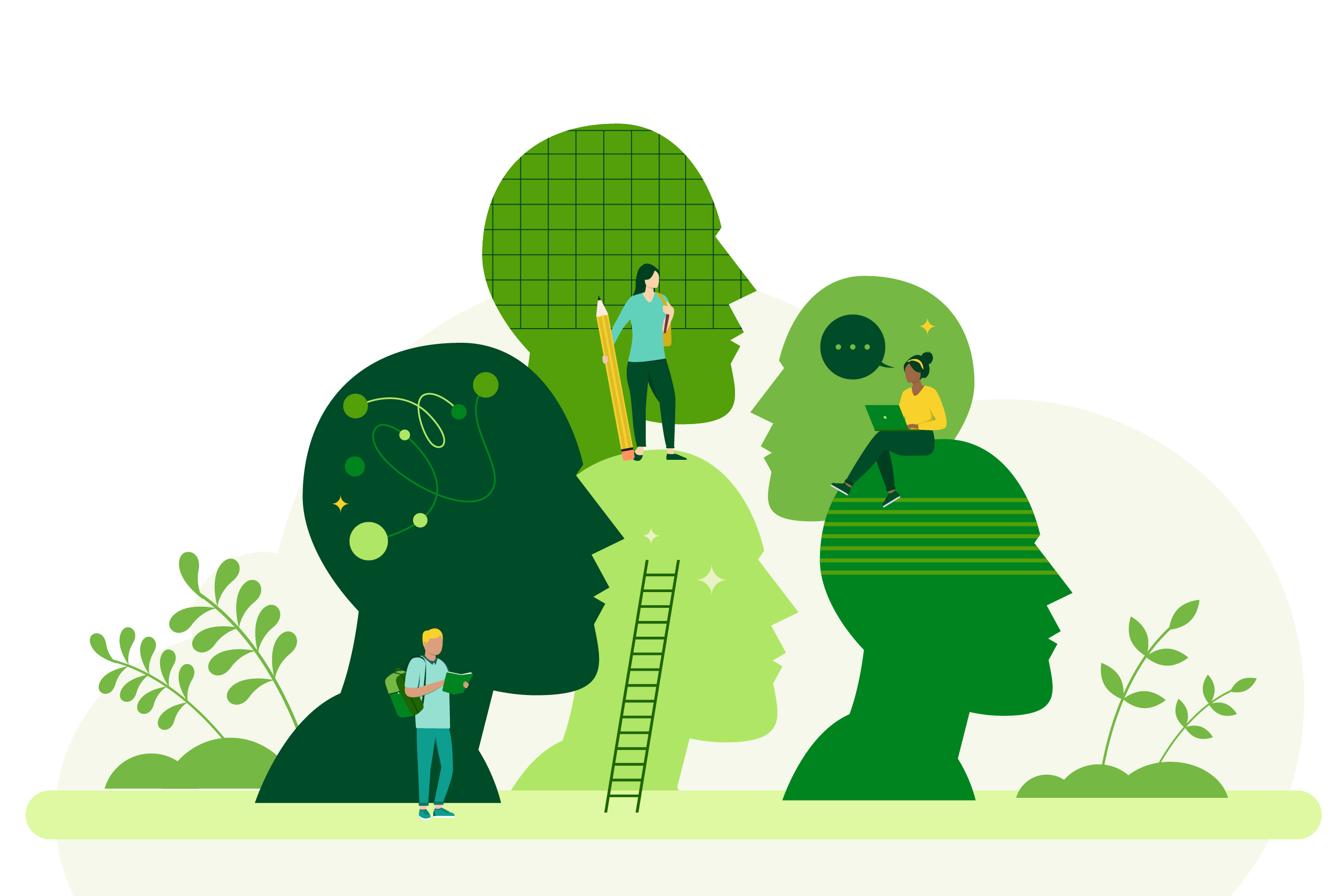Interview with:
Matt Williams
Senior Programme Manager – Mental Health
Health Innovation Oxford & Thames Valley
X: @MH_HIOxford

There is no dispute that neurodiversity services are currently facing a number of challenges. However, “a single, well-evidenced, and universally recognised method or technique for confirming ADHD or autism, which can be effectively and easily delivered, is likely to make some difference”, says Matthew Williams, Senior Programme Manager (Mental Health) at Health Innovation Oxford & Thames Valley.
Matt continues, “at present, there is a challenge in terms of knowing the practical solutions for neurodiversity support that is out there and available and – more importantly – which has the most robust and clinical evidence to back it up sufficiently to allow for it to be adopted with confidence”.
Health Innovation Oxford & Thames Valley is the new name for Oxford AHSN. Their remit remains unchanged, continuing to work with partners in the NHS, research and industry to identify, develop and spread innovation that will benefit patients, services, populations and economies. Matt is the Senior Programme Manager for Mental Health, with a particular interest in digital therapeutics. He has over 25 years’ experience working within the mental health, education and voluntary sectors.
There is still a lack of knowledge within the system itself
“I suspect that, to some extent, there is still a lack of knowledge within the current system”, Matt acknowledges. This is an issue that is being taken seriously and prioritised by our health system, but about which many people are still ignorant or have partial knowledge about.
“Although there is a greater awareness of neurodiversity, this does not necessarily translate to sound knowledge within the health system,” Matt explains.
“Improving knowledge and education would be a step in the right direction”
He muses that perhaps, in a similar way to other aspects of identity politics, the discussion surrounding neurodiversity can become overly focused on terminology – which is evolving quickly – and serves to inhibit debate.
“Those without personal experience or a good working knowledge of neurodivergent people are frequently concerned about ‘getting it wrong’ and are fearful of being chastised or called out for their ignorance,” Matt says.
“Improving knowledge and education, and allowing people to ask ‘a silly question’ in a psychologically safe space, would be a step in the right direction,” he goes on.
Technology is a vital tool that can aid clinicians
Technology has a key role to play in providing practical solutions for neurodiversity support . “My sense is that there is little appetite – or, rather, acceptance – of a solely digital or technological solution among the neurodivergent community and from many clinicians”, Matt says.
“Certainly, in terms of identification or confirmation of neurodivergence, technology is a vital tool that can aid clinicians,” he goes on. However, there is a balance to strike, as with all aspects of digital health, between the interpersonal and human interaction and the support that technology can offer as a definitive or conforming tool.
“There is a balance to strike between human interaction and the support that technology can offer”
“Patients want to see a clinician first and foremost”, Matt explains. “Technical solutions, particularly within the arena of mental health, tend to be viewed with suspicion and as a cost-saving fob-off that is not the ‘gold standard’. Plus the associated concerns around data protection and security, of course”, he says.
Used in conjunction with the clinician, Matt believes there’s almost certainly scope for the use of technology to provide practical solutions for neurodiversity support.
“The key would be to find a solution (or solutions) which have the endorsement of neurodivergent people (and, perhaps, an influential voice such as Autistica’s) and have sufficient rigorous evidence too, plus – fundamentally – the support from clinicians across the system (as far as is possible)”, he expands.
“Removing the ‘agony of choice’ for clinicians and commissioners would be a step in the right direction initially, as the digital landscape matures and the commissioning of digital products becomes more usual and less daunting or risky for decision makers”, Matt concludes.
Read more from the experts in the field here.
*Clause: for the purpose of these articles we will be using the term ‘neurodiversity services’ which encompasses services within the NHS, voluntary, private, and public health settings supporting provision of assessment and diagnosis for neurodevelopmental conditions such as autism and ADHD.
If you would would like to contribute to our thought leadership series, please get in touch.
PR contact:
Louisa Clark
hi@mayden.co.uk


